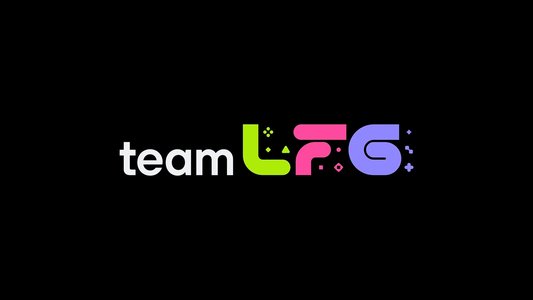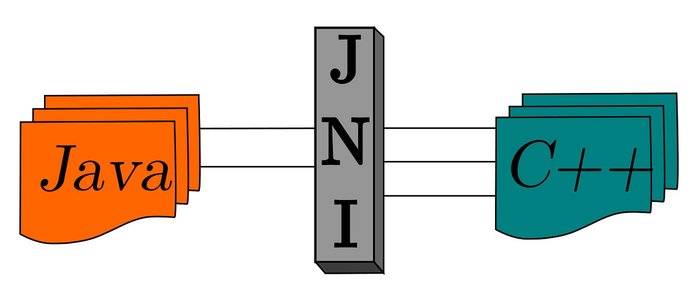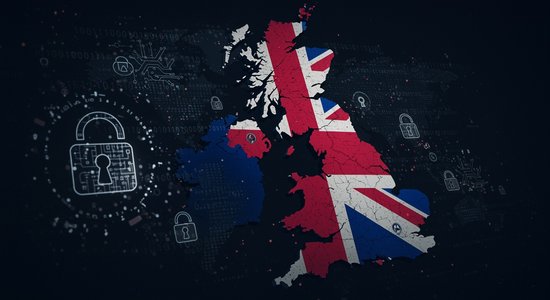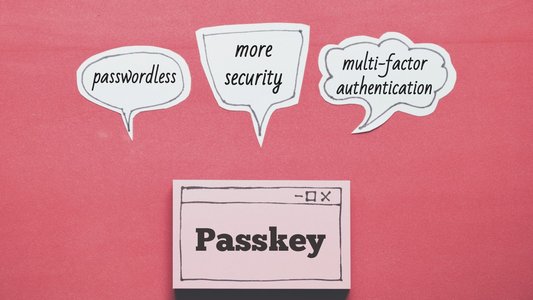Liberal nations must act now to ensure the digital ecosystem operates in a way that is conducive to democratic values. This was the message of Marrietje Schaake, international policy director at Stanford University’s Cyber Policy Center, speaking during the opening keynote session on day three of Black Hat Europe 2021.
She noted that most of the digital infrastructure is managed by the private sector, which has consequences from an accountability and freedom standpoint and cybersecurity. “Most digital infrastructure is now in the hands of private companies – it’s created, operated, protected by private companies, and I think that’s a problem,” commented Schaake.
A particularly pertinent example of how democratic norms are being eroded in the digital space is the practice of tech companies selling surveillance tools, such as Pegasus spyware, to authoritarian governments. These are subsequently used to attack fundamental liberal principles like press freedom and the right to assembly.
Currently, liberal governments are doing far too little to prevent this type of activity, and authoritarian nations are taking full advantage to suppress democratic values, according to Schaake. In fact, liberal governments often outsource offensive cyber tools themselves to target suspected criminals or terrorists, “making it harder for democratic states to condemn the use of NSO and other similar systems convincingly.” This is because they are “fostering the same businesses’ capacities and market share.”
Additionally, Western companies are often providing these types of technology to nefarious actors. Schaake expressed frustration at the “watering down” of the recently enacted EU Export Control Regulation, which partly aims to regulate the export of cyber-surveillance technologies.
As a result of these trends, “digitization is blurring the lines between authoritarian states and democratic ones.”
No tags.



































